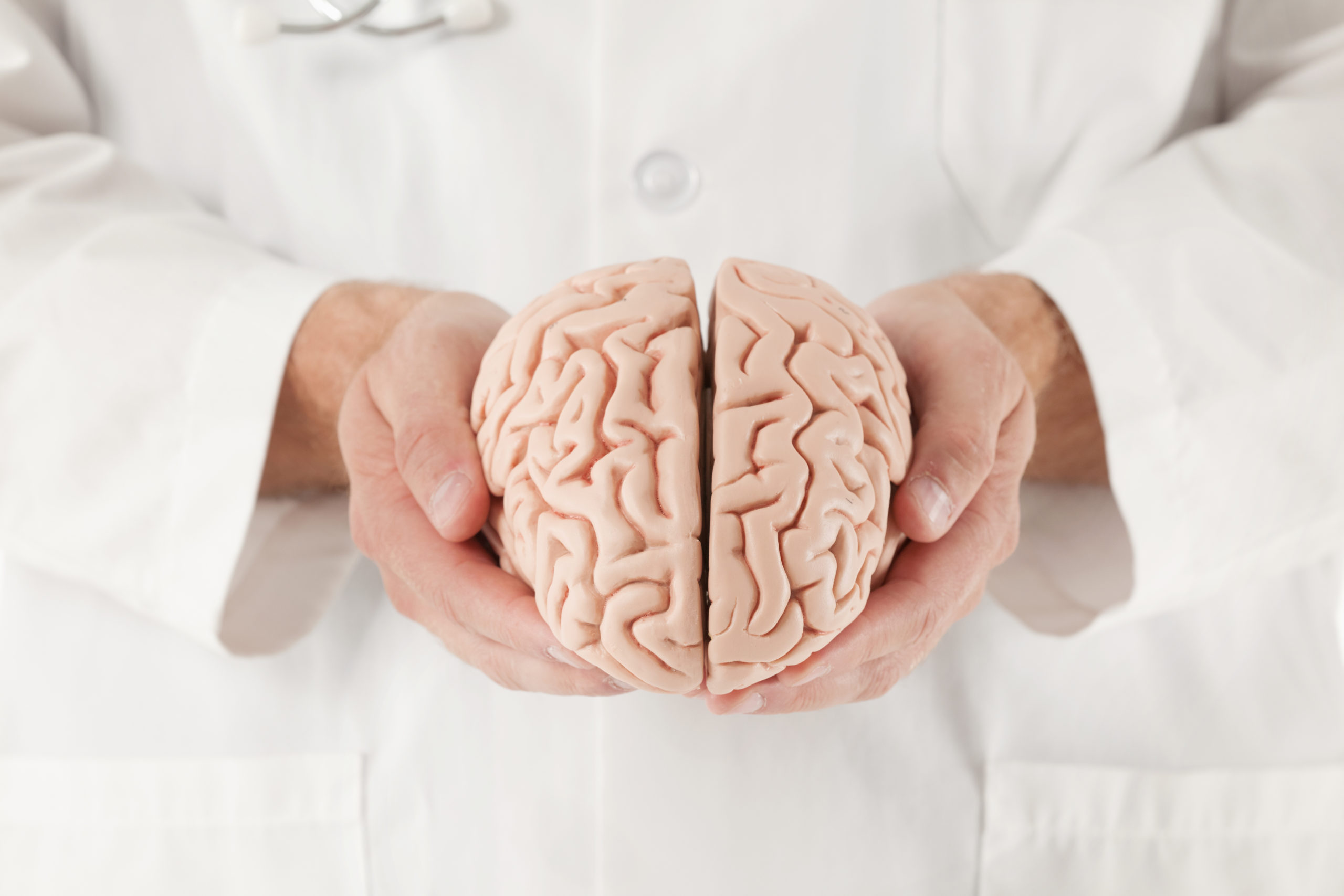June 2017
Importance of Brain Donation in Research
The brain is arguably one of the most complex organs in the human body. Because of this, there are still many questions about how different factors, such as age, genetics, lifestyle or experience, can affect brain development, and potentially cause the onset of brain disease. Currently, scientists all over the world are working to increase our knowledge about different brain diseases. While significant progress has been made, scientists continue to need help to fully understand the brain and to ultimately discover effective treatments and preventative interventions for brain diseases.
One thing that explains the delayed progress in the field of brain research is the lack of available brain tissue. Although there are non-invasive methods that allow scientists to study the living brain, in many cases, the acquisition of brain tissue is necessary for scientists to carry out certain research. Brain donation helps scientists make advancements that could potentially result in highly impactful discoveries.
The Ultimate Gift

Doctor holding a brain
For some, the decision to donate their brain to science is too difficult or painful to think about. However, others see donating their organs or tissue after they die as a way of gaining something positive from their illness. There is a sense of pride accompanied with contributing to medical research and potentially changing the lives of others affected with similar neurological illnesses or conditions. Even for those whose health is not afflicted by brain disease, there can be great reward in donating to science that may benefit future generations. As retired NFL quarterback Matt Hasselbeck explained, “[d]uring my football career, we didn’t have enough information on the long-term effects of concussions and brain trauma,” so Hasselbeck has pledged to donate his brain to support research on head injury and chronic traumatic encephalopathy (CTE), thereby providing data that could impact the next generation of athletes.
Brain Donation Opportunities & Resources
There are many areas of neuroscience research that rely on brain donation including Alzheimer’s disease, Parkinson’s disease, PTSD, Depression, Multiple Sclerosis, dementia, and many more. Here are a few examples of tissue or brain banks that collect biological materials from people with, and without, a specific disease or condition.
- The National Institute of Health NeuroBioBank is a network of brain and tissue repositories throughout the United States that coordinates the collection, evaluation, processing, storage, and distribution of nervous system tissue to the broader research community for the study of neurological, psychiatric, and developmental disorders.
- The Department of Veterans Affairs Biorepository Brain Bank collects, processes, stores, and gives out central nervous system tissue from Veterans (and in some cases, non-Veterans) to scientists studying various brain disorders including amyotrophic lateral sclerosis (ALS; Lou Gehrig’s disease), disorders of Veterans of the 1990-91 Gulf War, and Post Traumatic Stress Disorder (PTSD).
- The National Cell Repository for Alzheimer’s Disease (NCRAD) is a national resource where biological material, such as DNA, plasma, serum, RNA, CSF, cell lines, and brain tissue, is collected from individuals with Alzheimer’s disease and other dementias as well as from individuals without any symptoms of memory loss or dementia.
At the Brain Health Registry, we want to convey the importance of participating in research in all stages of life. We hope you’ll consider whether brain donation is right for you, as it can be an opportunity to take part in research that may one day save lives.




